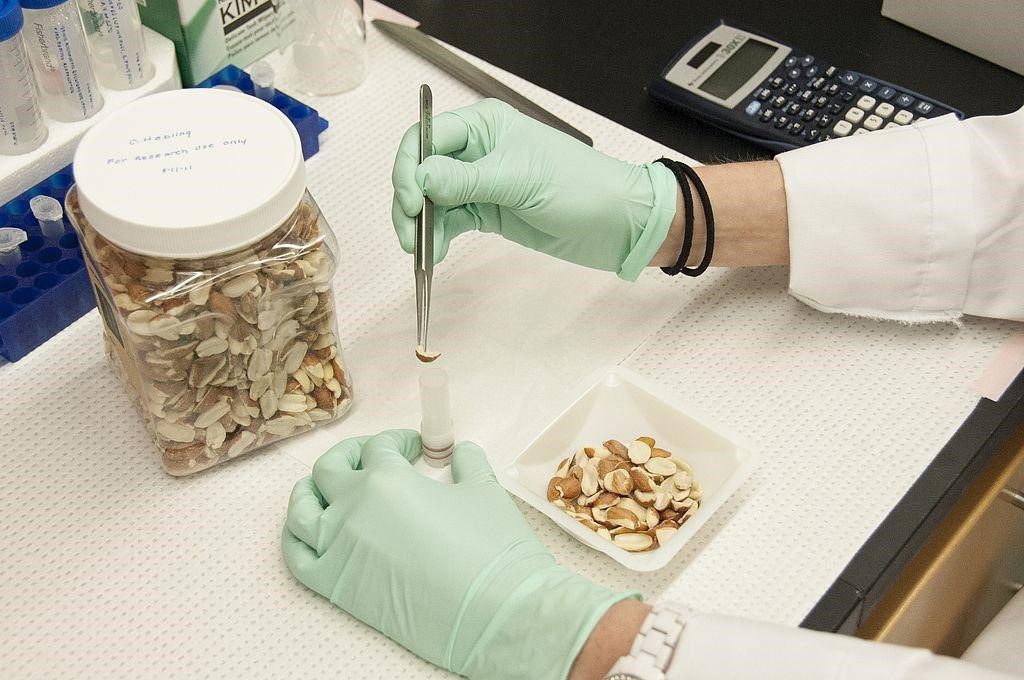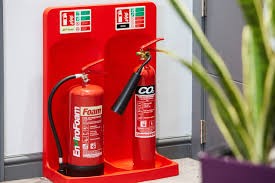How be be food safe
Anyone who is employed handling food in a commercial kitchen should be trained appropriately in food safety. Usually, employers will ensure that their staff attend a training course that leads to the award of a food safety certificate.
Accessing a suitable course
Employers and individuals can arrange training. As with installing suitable commercial refrigeration equipment, food business owners have a legal obligation to ensure that the people they employ to handle food receive training and supervision in food hygiene.
According to the Food Standards Agency it is not a requirement that food handlers have a food hygiene certificate in order to prepare food, but in practice, holding a certificate is the best way to prove suitability for the position.
Your local authority may offer formal training courses, but other providers such as local colleges and training institutions will also provide training in food safety, so there is plenty of choice. If you cannot locate a course, your local library should have the information. Awarding bodies such as the CIEH (Chartered Institute of Environmental Health) will also help you to access a suitable course. The trainer should be accredited and the course should include interactive classroom training that is followed by an assessment.
The level 2 food safety course
This one day course gives participants training in the techniques, systems and procedures involved in food safety. The training includes ways of controlling food safety risks such as food handling, storage and cooking, as well as personal hygiene. There are ways of keeping food in the cold storage in certain areas with meats separated from other products. Some chefs will go as far as keeping products with a Security Seal on them to keep it fresh and safe from sites like https://acmeseals.co.uk. The assessment at the end of the day will be invigilated and the assessments marked independently by an awarding body like the Chartered Institute of Environmental Health. Those who pass will receive a certificate that is endorsed by Ofqual (The Office of Qualifications and Examinations Regulation) or an equivalent regulatory body.
Although food hygiene certificates in the UK do not have an expiry date, it is recommended that the qualification is refreshed every three years. Further courses may also be necessary if food legislation changes occur.
Food businesses that are required to replace equipment will find a wide range available.
In addition to this, ensuring that their food handlers have food safety certificates to prove they have received appropriate training, will be beneficial to businesses when they undergo environmental health inspections.








